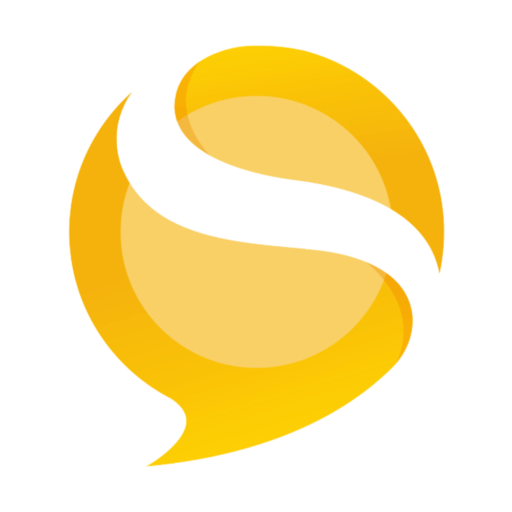Wiki. Bet you haven’t heard THAT term in a while!? Welcome back to 2003, eh?
Well, it’s time to blow the dust off that grandfather of collaborative technologies. Today I’m revisiting a post I wrote back in the 2010’s and how I promoted the use of a Wiki for learning as the manager of Learning Solutions at Aspen Dental Management Inc. Wiki’s as you recall can allow everyone (with permissions to update and edit text, images and links on their pages and have been a great tool for creating things like process and procedural documentation to style guides and handbooks and FAQs. But what about learning and more specifically social learning on a widespread scale?
A fundamental aspect of social learning is peer-to-peer learning or experts sharing knowledge with novices. Often social learning like this is great when there is a lot of nuance in a task or best practices are continuously emerging or morphing. One area that fits this is sales training and this is where my use of Wikis begins!
To make use of this, again think about roles and responsibilities that, like sales, has 1. a social aspect to the task 2. change is constant and 3. expertise grows through practice and not training.
Background: At Aspen Dental, office managers were responsible for the helping the patient make a good decision about their oral health and move them forward with treatment options. Dental care is emotional and can be costly so the managers had to be sympathetic to both when making the “sale”. New office managers could really benefit from the veteran ones but those folks were busy in the field working! The most successful ones showed high sales numbers and high satisfaction scores so they were pretty easy to identify, it was just a matter of extracting and transferring their knowledge.
How could we leverage their expertise quickly to enhance the new manager training without disruption to the experts workflow??
Here’s what I did and the multiple benefits it provided.
I set up a Wiki (in SharePoint of all places, I know) that included a fictitious patient profile, medical information including x-rays, the patient had a name (“Ed”) and an image. I also included the doctors recommended treatment plan. The next actions took place over a week with the simple goal of moving the patient forward with treatment. I set the stage for the new manager cohort (about 20 employees) and wrote in the Wiki the start of the story, “Ed walks into your office looking a bit exasperated after his appointment…“
The first move was to have any of the brave new managers engage “Ed” by using what they were learning in training classes. They would, through text, engage Ed in conversation. Each Expert office manager in the field (40+) would receive a notification of the text entry and anonymously, acting as Ed, ask question, push back, etc. Another NEW manager could chime in and back and forth the proxy conversation would go until it concluded with the patient moving forward or the patient leaving to consider it all. Yes, it’s very much a “hot seat” type activity made asynch and virtual.
So what are the benefits?
Immediate benefits include:
- Authentic practice
- Transparent and open peer learning
- Wide spread sharing of Expert insights and practices
- Asynchronous so as to not interrupt workflows
- Wrapped around formal training as an enhancement
- Ongoing and repeatable with new “patients” scenarios
- Active and passive new managers could learn either by contributing or observing contributions
- Expertise easily recognized and rewarded
- Information errors (yes, experts make mistakes!) easily seen and can be corrected
- Scenarios could be formalized for training purposes
As I’ve said and written many times and in the book, Social By Design, social starts with people, conversation creates movement and although collaborative/social technology is important, it’s NOT social, it just extends and expands our sociability.

